Uzbekistan defines possible restrictions that could be imposed during a state of emergency
The President has signed the law “On the state of emergency”.
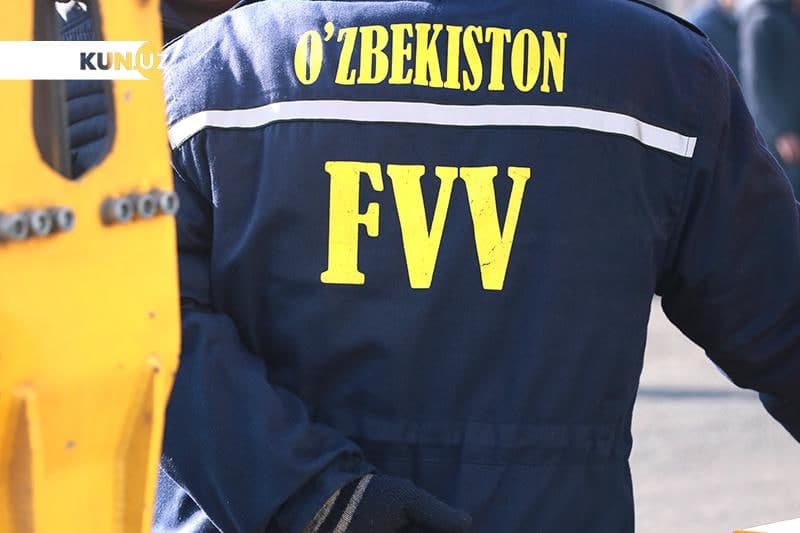
Photo: Kun.uz
According to the document, a state of emergency is declared when there is a direct threat to the life, health and safety of citizens, the constitutional order and (or) territorial integrity of the country, and when it is impossible to eliminate the threat without the use of emergency measures.
The state of emergency can be declared by a presidential decree throughout the country or in some parts of Uzbekistan.
The state of emergency, when declared in the whole territory of Uzbekistan, should not exceed 30 days, and when declared in certain areas - 60 days. The state of emergency may be extended if the objectives of the state of emergency are not met.
The following measures and temporary restrictions may be imposed during a state of emergency:
- full or partial suspension of the powers of state bodies;
- restrictions on movement;
- strengthening public order, protection of critical and classified facilities;
- restrictions on certain types of activities;
- separate procedure for sale, purchase and distribution of food and basic necessities;
- banning or restricting rallies;
- traffic restrictions.
A curfew may be imposed when there is a real external threat. In this case, those who violate the rules will be detained until the end of the curfew.
Related News
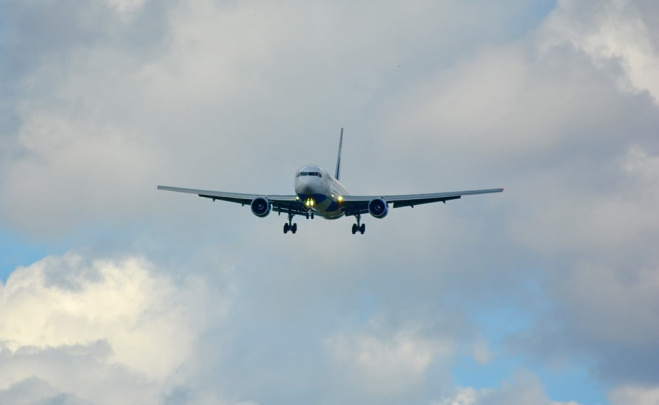
14:22 / 21.01.2026
Uzbekistan Airways flight to Vladivostok makes emergency landing in Krasnoyarsk
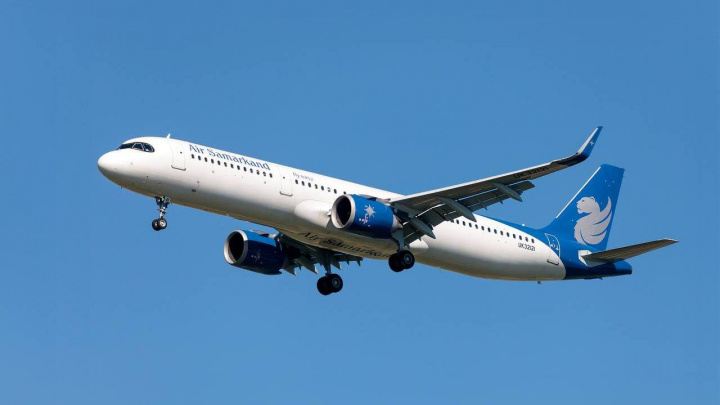
14:55 / 15.12.2025
Jeddah–Tashkent flight diverted to Bahrain after onboard medical emergency
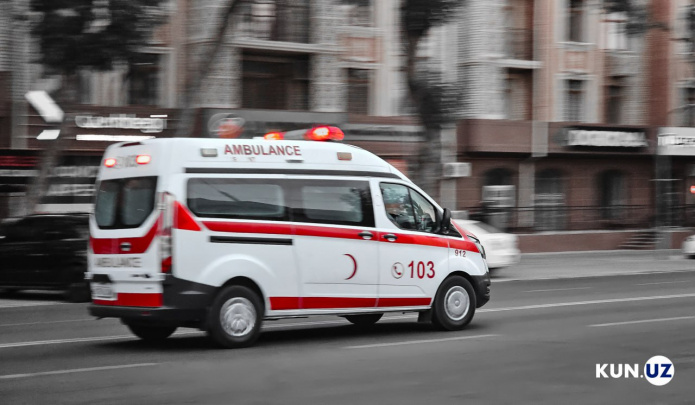
16:22 / 06.12.2025
Four killed, several injured in blast at “Shams LTD” facility in Bukhara
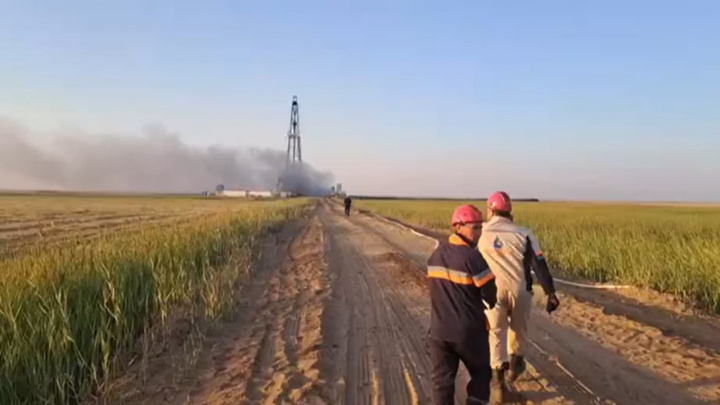
16:54 / 26.08.2025




